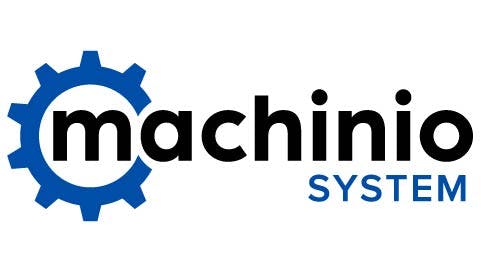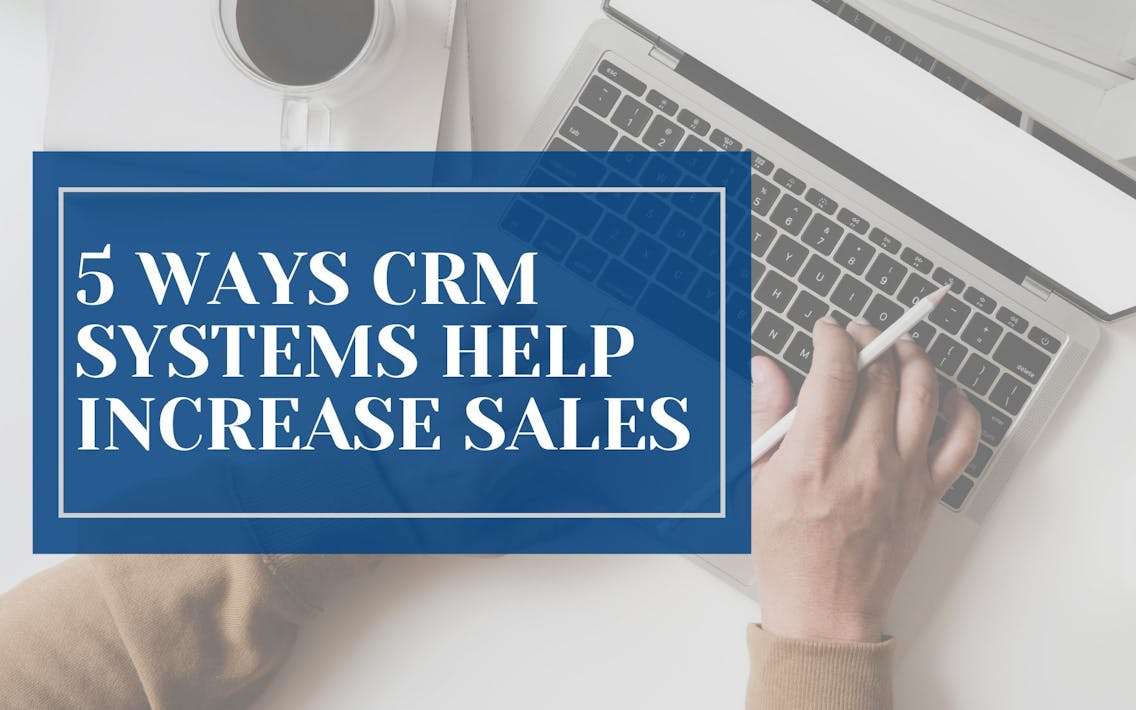Equipment dealerships operate in a high-value, relationship-driven market where the sales cycle can span months and customer lifetime value can reach millions. In this environment, a robust Customer Relationship Management (CRM) system isn't not only a helpful tool, but it is also a critical asset that directly impacts your bottom line by helping you maintain and manage your relationship with your customers. Here are five specific ways CRM systems drive sales growth for equipment dealers.
1. 360-Degree View of Your Customers
Modern CRM systems, like Machinio System, consolidate all customer information into a single, accessible platform, giving your sales team unprecedented insight into:
- Complete Purchase History across all departments and locations
- Equipment Inventory and service statuses
- Past Inquiries and Quote Requests
- Key Contacts within the customer's organization
For equipment dealers, this complete insight into the customer lifecycle is invaluable. When a construction company owner calls about a new excavator, your sales representative can immediately see that they've purchased three machines in the past two years, have an excellent service record, and typically replace equipment on a 5-year cycle.
This allows for personalized conversations that acknowledge the existing relationship and demonstrate your understanding of their business needs—creating an immediate advantage over competitors who lack this wholistic information.
2. Streamline the Sales Process
The sales cycle for heavy equipment often involves multiple steps, approvals, and stakeholders and CRM/ DMS like Machinio System can optimize this process by:
- Automating Follow-Up Communications at critical decision points
- Tracking Deal Progress through customized sales stages
- Providing Automated Reminders for Next Steps
- Centralizing lead tracking, quotes, and invoices
- Facilitating Collaboration between all Sales Team Members
3. Identify Cross-Selling and Upselling Opportunities
Equipment dealers have natural opportunities for cross-selling and upselling, but without proper systems, these opportunities get missed. CRM systems help by:
- Flagging Compatible Attachments for equipment in a customer's fleet
- Identifying Upgrades when customers might be ready
- Highlighting Service Contract Opportunities for recent purchases
- Recognizing Patterns that suggest additional equipment needs
These insights transform routine sales interactions into strategic growth conversations. For example, when a customer inquires about a compact track loader, your CRM might flag that they've recently purchased several attachments compatible with a slightly higher-tier model, giving your sales team the information needed to suggest a more appropriate solution.
4. Enhanced Lead Management and Nurturing
Not all leads are ready to purchase immediately, especially for high-value equipment. CRM systems like Machinio System excel at managing the lead-nurturing process by:
- Scoring leads based on engagement and purchase readiness
- Allowing personalized email campaigns for different equipment categories
- Tracking interactions across multiple channels (email, phone, website visits)
- Preventing qualified leads from falling through the cracks
This systematic approach to lead management ensures that potential customers remain engaged during extended consideration periods.
5. Provide Data-Driven Sales Forecasting
Accurate sales forecasting is essential for inventory planning, financial management, and strategic decision-making. CRM systems like Machinio System improve forecasting accuracy by:
- Analyzing historical sales data to identify patterns and trends
- Tracking the likelihood of closing pending deals
- Monitoring the sales pipeline across all territories and product lines
- Providing real-time visibility into sales performance metrics
- Generating forecasts based on current pipeline activity
This enhanced forecasting capability allows equipment dealers to make more informed decisions about inventory investments, staffing levels, and financial projections
Conclusion
For equipment dealers across industries, CRM systems are far more than digital contact lists. When properly implemented and utilized, they become powerful engines for sales growth, operational efficiency, and competitive advantage.
The most successful dealers view their CRM, not as an IT expense, but as a strategic investment that delivers measurable returns through increased sales, improved customer retention, and more efficient operations.
As competition intensifies and customer expectations continue to rise, equipment dealers who leverage the full potential of their CRM systems will be better positioned to capture market share and build sustainable growth. The question is no longer whether you can afford to invest in a robust CRM solution, but whether you can afford not to.





